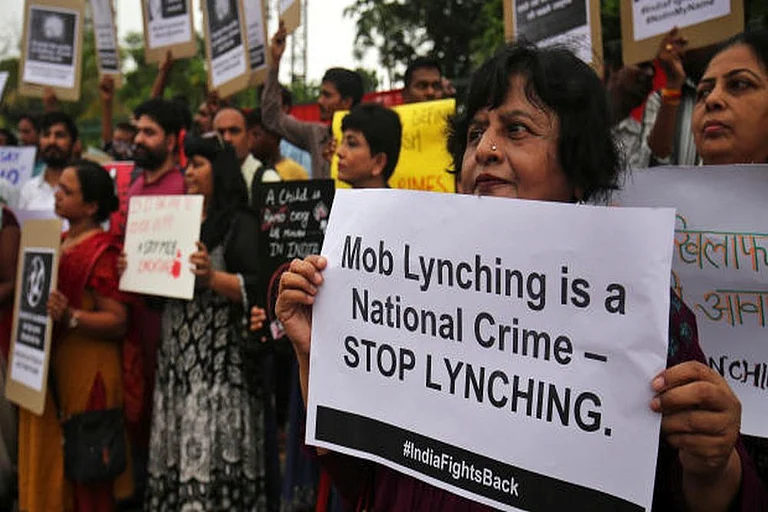An immensely popular government program that provided crucial internet subsidies is on the brink of running out of funds, spelling bad news for millions of Californians. The Affordable Connectivity Program (ACP), which offered a $30 monthly discount for internet service, is set to exhaust its budget by the end of April, leaving many households grappling with higher internet bills.
In California, where half of all eligible families have availed themselves of the ACP, the impact is particularly severe. In cities like Oakland, thousands of people are about to face pricier internet bills as the program comes to an end. Oakland, with more than 29,000 enrolled households, stands as a stark example of the program's widespread adoption and imminent demise.
The ACP, launched in late 2021, quickly grew to subsidize internet access for over a sixth of American households. In California alone, over 2.9 million households were enrolled in the program as of February 8. However, despite calls from civil rights groups, internet providers, and the Biden administration for additional funding, Congress has shown no inclination to renew the program.
For many families, the $30 subsidy was a lifeline, enabling them to afford internet access for the first time without straining their finances. Cinthia Diaz, director of community impact for nonprofit #OaklandUndivided, highlighted the significance of the program in bridging the digital divide. However, with the program's expiration, Diaz anticipates that many families will be forced to downgrade their internet plans or seek cheaper alternatives with slower service.
Efforts are underway to mitigate the impact of the ACP's end. Organizations like #OaklandUndivided are reaching out to enrolled residents, advising them to explore alternative discount options with their internet service providers. Participants are not bound to accept price increases; they have the option to terminate their contracts early and seek out new plans.
The ACP's expiration comes amidst the winding down of other pandemic-era programs aimed at ensuring internet connectivity. The Emergency Connectivity Fund, which provided hotspots and Wi-Fi devices to students, is also facing a depletion of funds, further exacerbating the crisis.
The consequences of the program's end extend beyond mere inconvenience; they threaten to deepen existing racial disparities in internet access. Black and Latino households, comprising a significant portion of ACP participants, stand to bear the brunt of the affordability crisis. Vinhcent Le of the Greenlining Institute emphasizes the pivotal role of internet access in economic opportunity, stressing its impact on education and employment prospects.
Individual stories underscore the profound impact of the ACP on Californian households. For Beatriz Madrigal, a single parent juggling work and caregiving responsibilities, the subsidy provided essential support, enabling her to afford internet services crucial for her family's well-being. Similarly, Valarie Belcher, a long-time Oakland resident, relied on the ACP to alleviate the burden of internet expenses. With the program's expiration, both Madrigal and Belcher face difficult decisions about maintaining internet access in their homes.



























